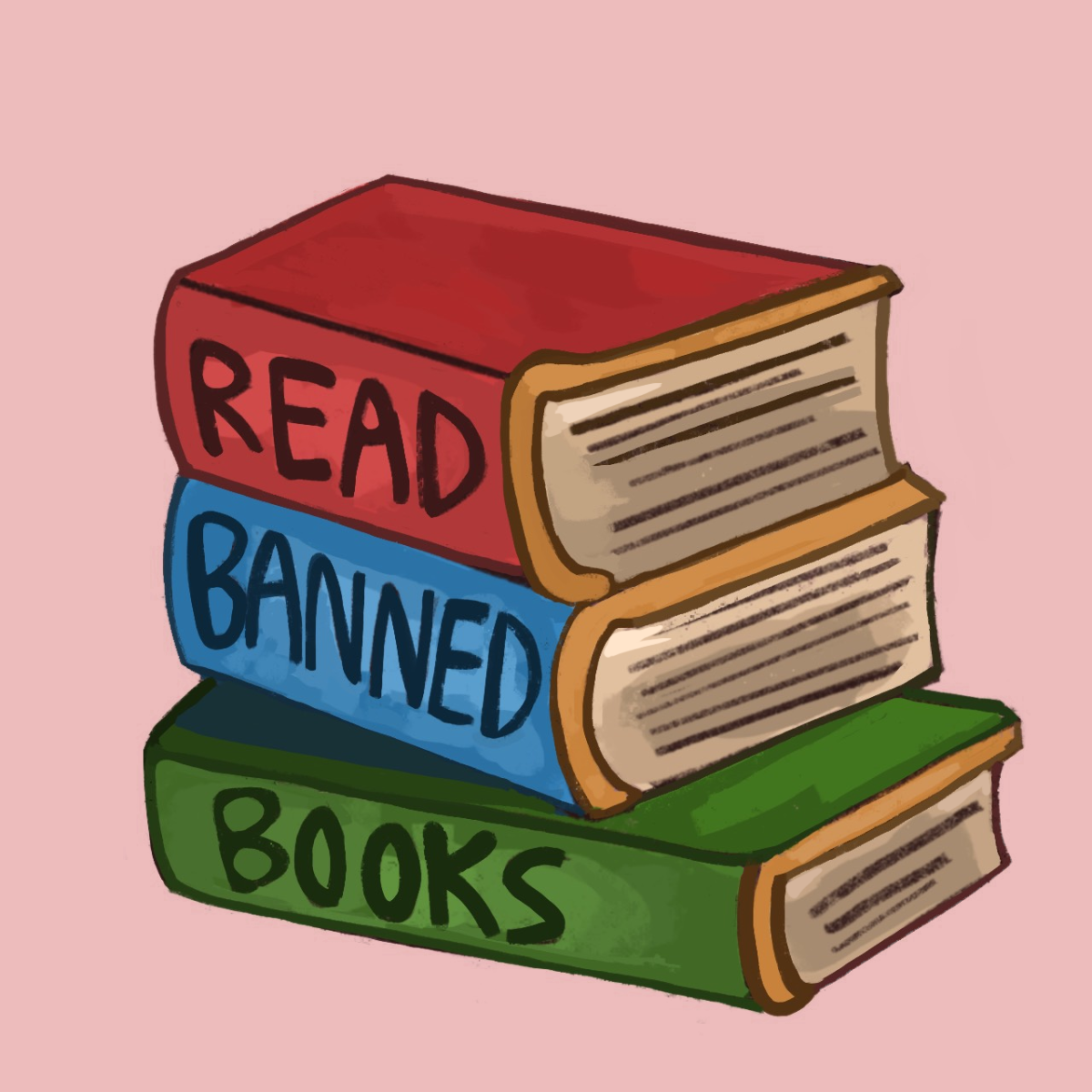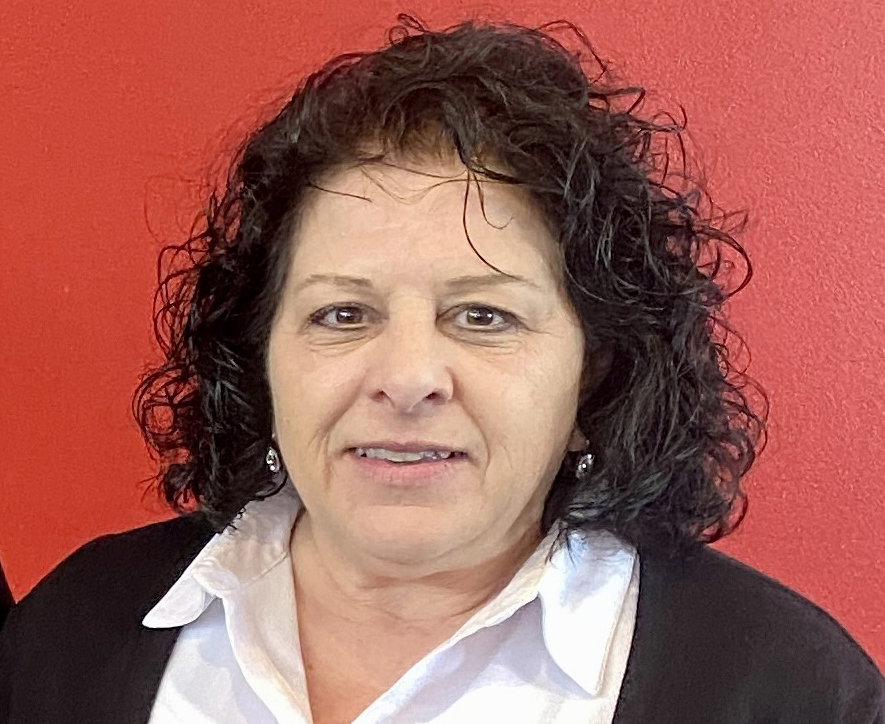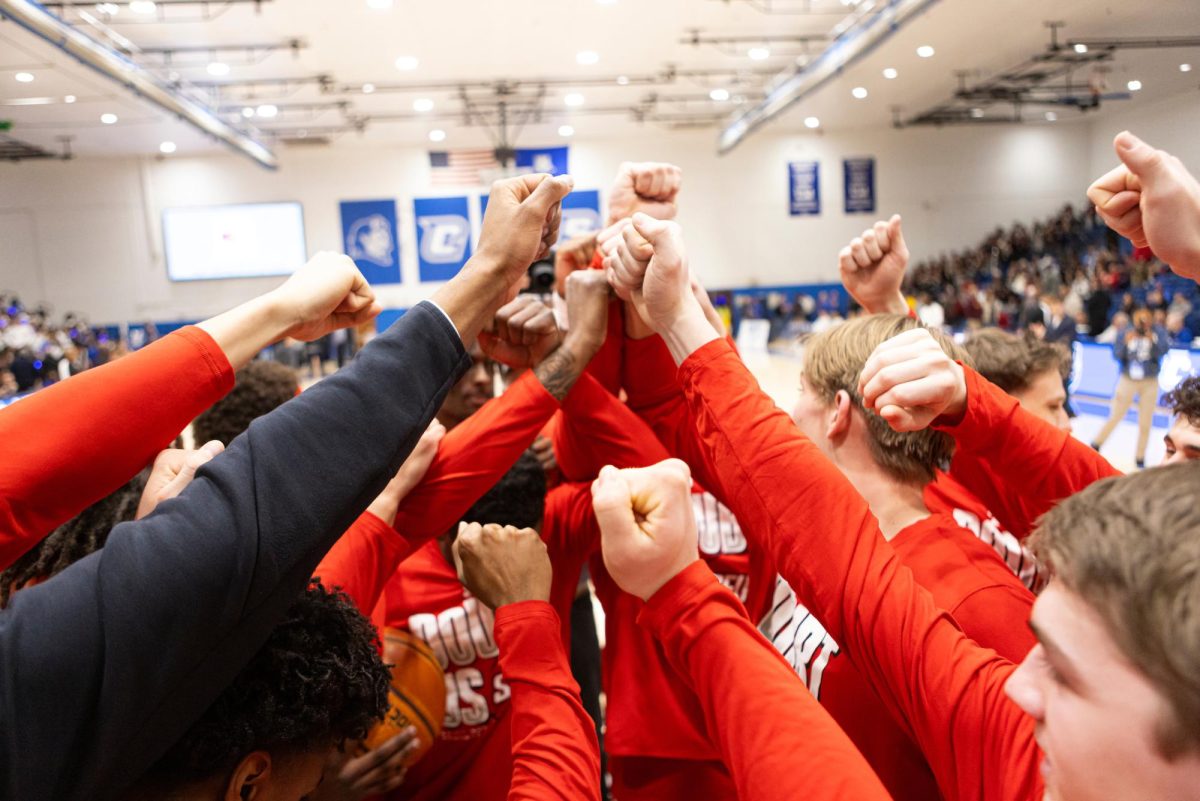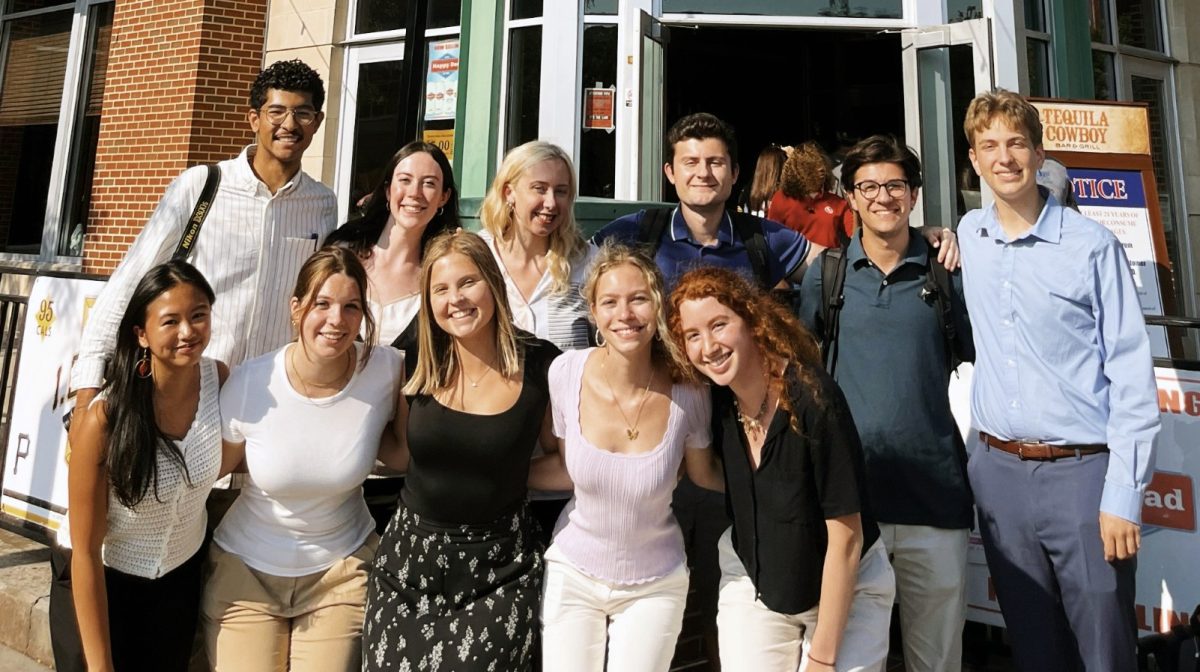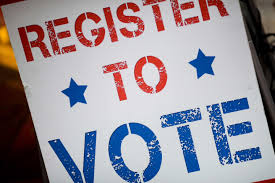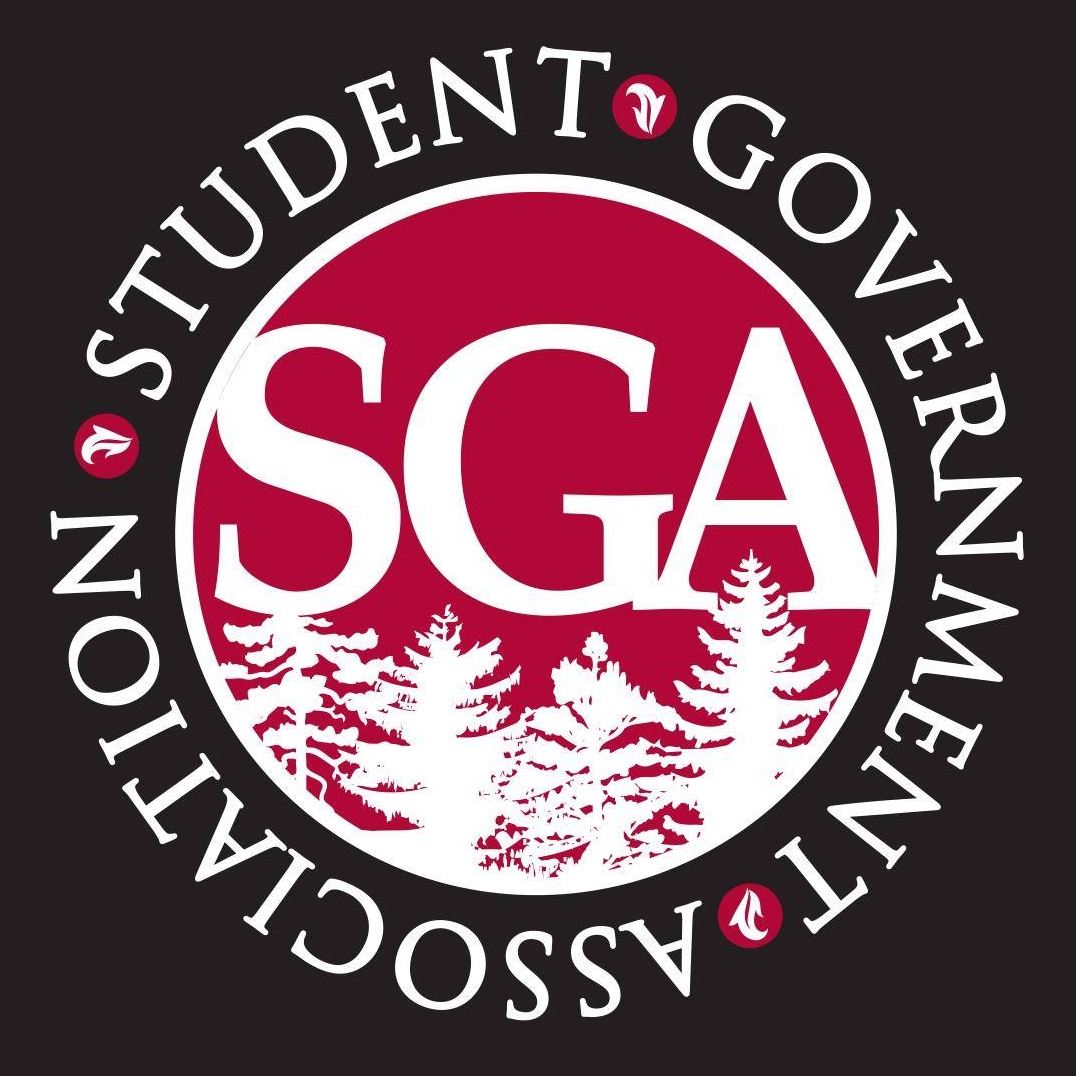Banned Books Week is a week-long period during which librarians and book lovers across the country work to raise awareness of a collective effort by various groups to ban books in schools and libraries across America.
The event took place in late September and was organized by the American Library Association (ALA).
Book bans are not a new phenomenon in the United States. One of the first large-scale book bans took place in 1637 when Thomas Morton’s “New English Canaan” was banned by Massachusetts government officials for its criticism of Puritanism.
Today, book bans are increasing at an alarming rate. According to the ALA, 1,247 books were challenged to be censored in 2023. This marked a 65% increase from 2022.
“When book banning comes from an external force that believes ‘no one should read this book because I don’t agree with it,’ that is when it becomes problematic,” said Associate Professor of English Lisa Beiswenger.
Other members of the SFU English Department faculty are also troubled by increased efforts to keep certain books out of the hands of American readers.
“I do not believe books should be censored,” said Professor of English Brennan Thomas. “A great work of literature provides truth, and that truth should not be watered down, distorted or clipped.”
Thomas has taught her favorite censored book, “Brave New World,” to her Honors students.
“Brave New World, written by Aldous Huxley, more accurately predicts our future than George Orwell’s ‘1984,’ which was also a banned book,” said Thomas.
“Huxley predicts that we are not going to be cowed by oppression and pain, but rather dumbed down by easy entertainment and pleasure.”
Professor of English Tim Bintrim teaches a variety of literature courses at SFU, including American Literature I and II.
“The first time I assigned Cormac McCarthy’s postapocalyptic novel “The Road” in a first-year seminar, I was nervous,” said Bintrim. “But I learned the first week that one of my students had read it in her religion class in Catholic high school.”
Some SFU students are also troubled by the increased book censorship efforts across the country.
“I like reading controversial books in classes because they give an insight on cultures, authors, timeline, etc.,” said Early Education major Avery Lucas.
“They might be fictional, but in a way they are nonfiction because of the time they were written.”
Meghan Roach, an English/Secondary Education major, is concerned that book censorship will adversely affect her teaching career.
“It makes me upset because it affects what we teach our children,” said Roach.
Books hold important truths about history and human experience. To take that away from teachers and students is not only unfair, but also an obstacle to learning.
“People who support book banning should read the books they are trying to ban,” said Beiswenger. “They should see the value beyond the surface level because, oftentimes, books have a deeper message that they might agree with.”
